For hospitality providers striving to deliver an exceptional guest experience, the in-room mini fridge is far more than an amenity — it’s a strategic investment that enhances comfort, efficiency, and brand value. This guide outlines the essential factors to consider when selecting mini fridges for hotels, helping you make a smart, long-term choice that supports both guest satisfaction and operational goals.
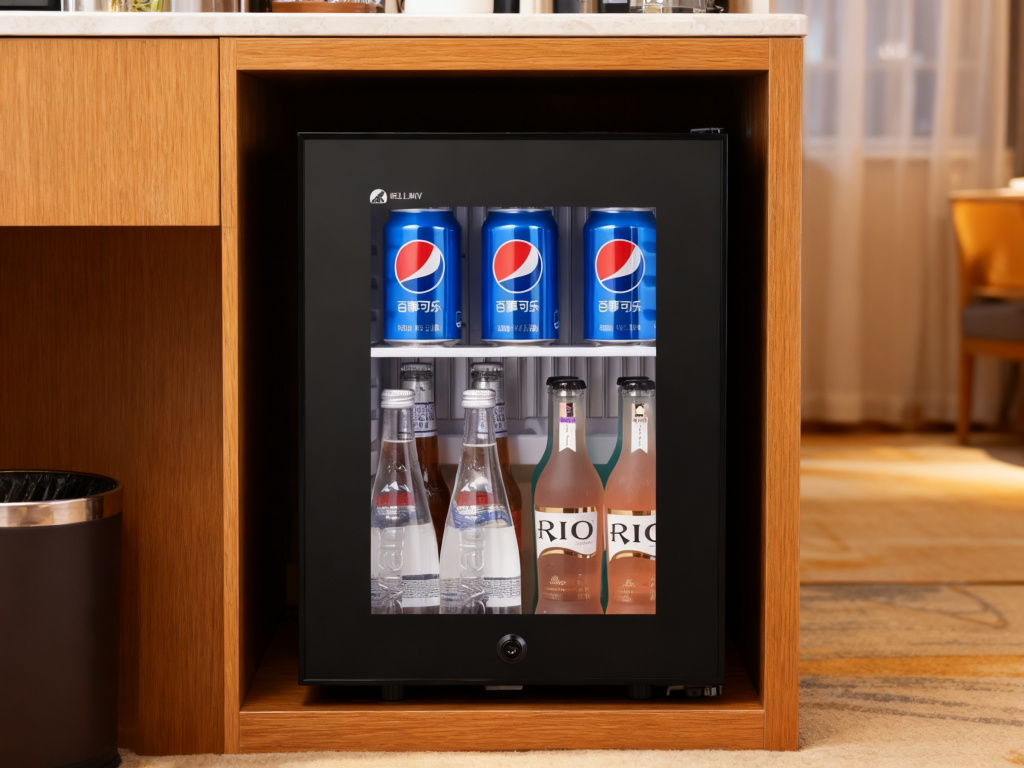
In today’s competitive hospitality, guest comfort defines brand loyalty. A thoughtfully chosen mini fridge provides convenience, reliability, and a touch of luxury that guests appreciate.
When chosen wisely, mini fridges can strengthen a hotel’s competitive edge by combining comfort with cost-effective performance.
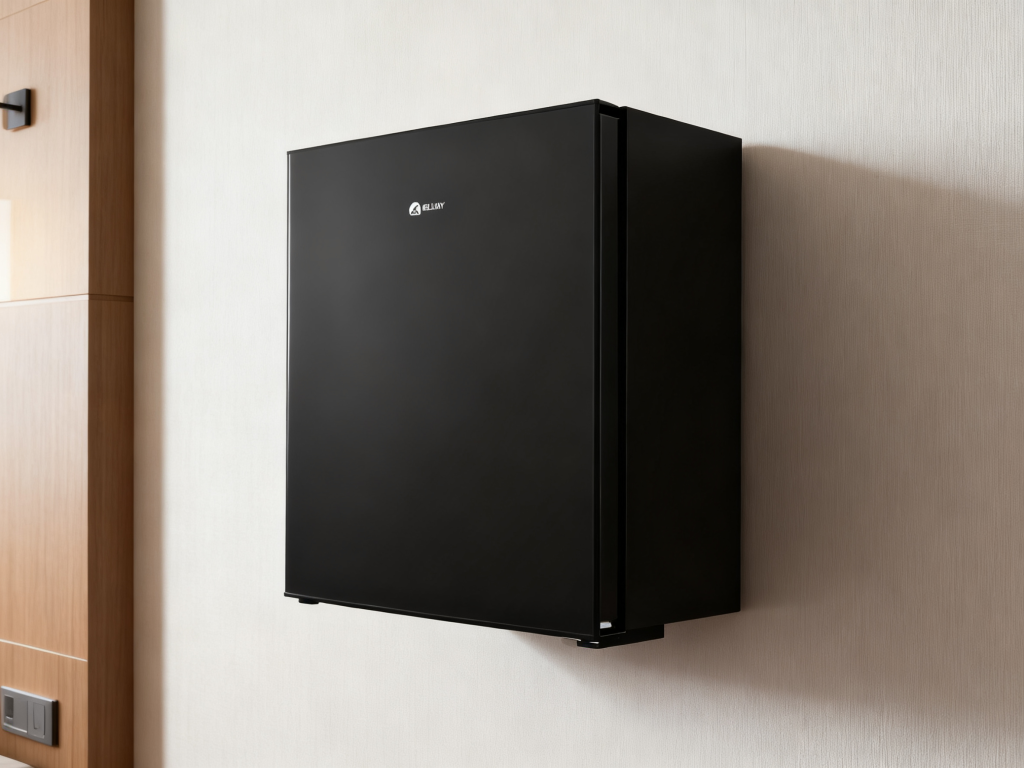
Selecting the right unit involves evaluating several technical and functional aspects. Here’s what every hospitality manager should consider:
Hotel fridges typically use compressor, absorption, or thermoelectric cooling systems. Compressor fridges offer fast and consistent cooling with better energy efficiency. Absorption models operate silently, making them ideal for noise-sensitive environments, though they consume more energy.
Tip: For most hotels, compressor technology strikes the best balance between performance, efficiency, and reliability.
Capacity should match room type and usage. Standard guest rooms often require 20–30 L fridges, while suites or rooms with full mini-bars may need 40–60 L units. Adjustable shelves and bottle racks improve usability and accommodate varied guest preferences.
Tip: Test different capacities across room types to identify the most practical configuration before bulk ordering.
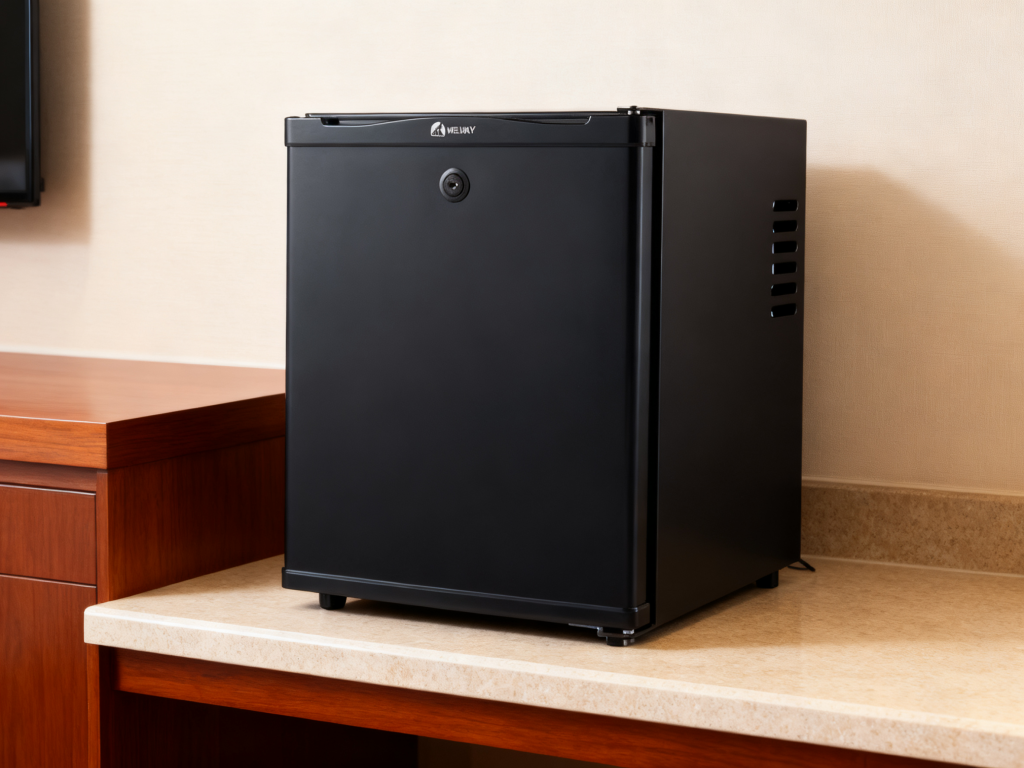
Silent or near-silent operation is essential. Guests value quiet surroundings, and any noise from a fridge can disrupt their rest. Opt for units rated below 40 dB for standard rooms.
Tip: Always test a demo unit in a real room environment to evaluate noise and vibration levels.
Low energy consumption translates into long-term savings. Look for fridges that feature LED lighting, advanced insulation, and energy-saving modes. Models with eco-friendly refrigerants and efficient compressors also align with modern sustainability goals.
Tip: Check the unit’s daily or annual energy consumption before purchase and aim for high energy-efficiency ratings.
A well-designed fridge should blend naturally into the room’s decor. Options like custom door colors, branding, and handle styles allow better integration with your hotel’s interior design. Glass-door models can promote in-room beverage sales, while solid-door designs enhance insulation and privacy.
Tip: Request sample units or design mock-ups to ensure visual harmony and consistency across room types.
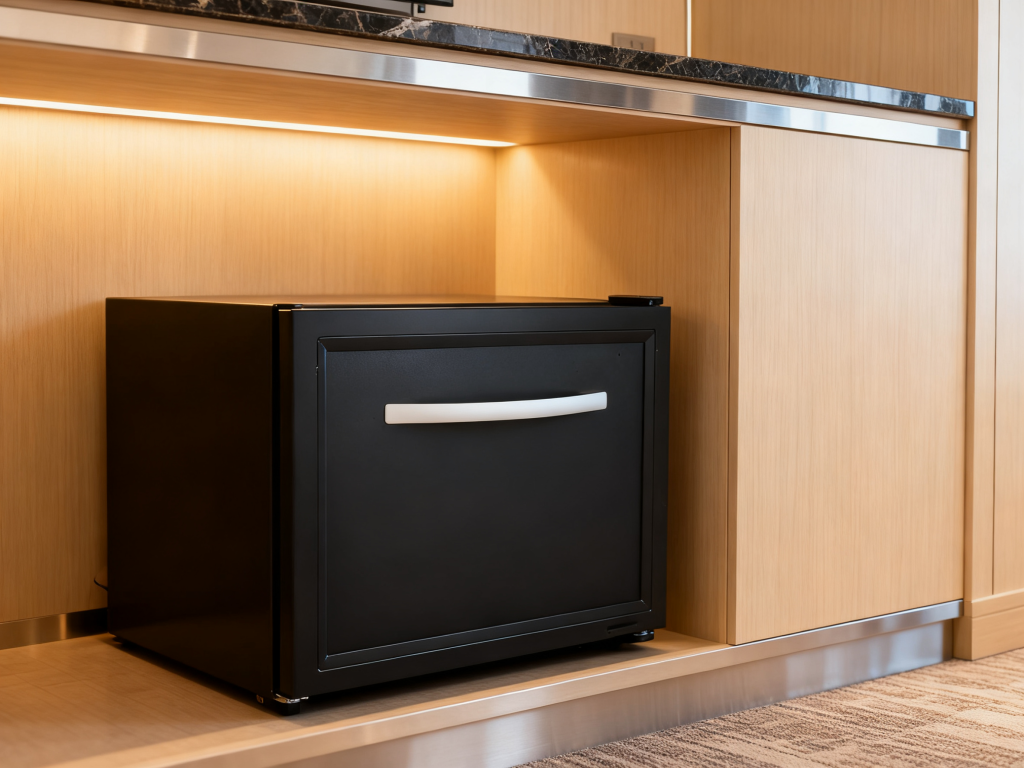
Choose mini fridges built for professional hospitality use rather than consumer-grade models. Look for strong hinges, stable cooling performance, and easy service access. Long-term warranty coverage and readily available spare parts will reduce downtime and replacement costs.
Tip: Evaluate the total cost of ownership — including energy, maintenance, and lifecycle replacement — not just the purchase price.
Use this practical checklist to simplify your decision-making process:
Standardizing models across properties can also simplify spare parts management and reduce maintenance complexity.
Proper installation ensures longevity and optimal performance. Keep these guidelines in mind:
By following these simple operational practices, hotels can extend the life of their appliances while ensuring consistent guest satisfaction.
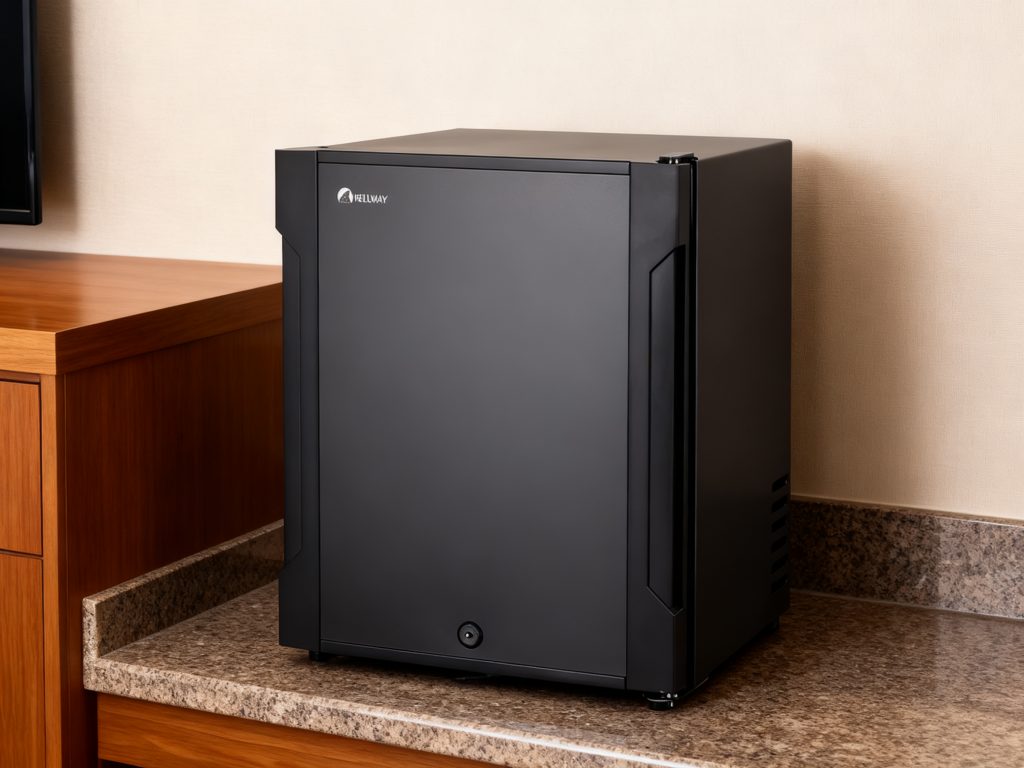
While price is important, long-term value should guide your decision. Premium, energy-efficient units may have higher upfront costs but offer better durability and lower operating expenses over time.
Consider:
Investing in reliable, efficient mini fridges enhances both operational efficiency and your hotel’s environmental image.
Choosing the right hotel mini fridge is a key decision that directly affects guest comfort, energy efficiency, and brand reputation. By focusing on cooling technology, size, noise level, energy performance, and durability, hospitality providers can make thoughtful choices that balance cost and quality.
A modern, energy-efficient, and quiet mini fridge not only enhances the guest experience but also strengthens your hotel’s long-term profitability. With the right supplier and proper maintenance, your investment will continue to deliver value for years to come.
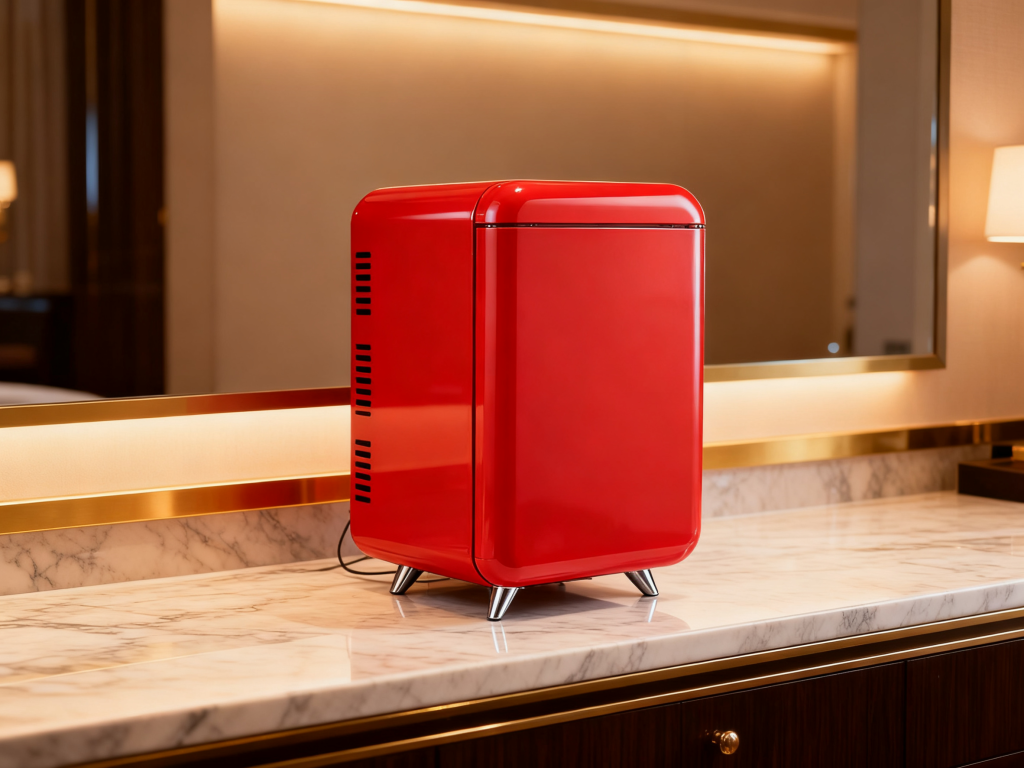
Recent postsLearn More